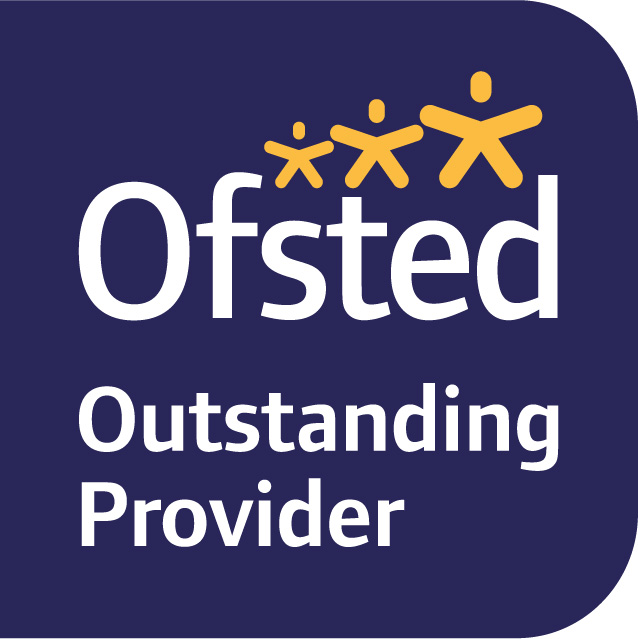welcome to Year 6!
Here you will find all the important information about the Spring Term in Year 6
Across the Spring term children will be working towards their end of Key Stage 2 SATs. We will be sharing information on how to help at home throughout the term.
WRITING
Authors in year 6 will persuade, engage and inform audiences with a variety of writing pieces this term. There will be opportunities to write high action narratives, biographies, and explanation texts that link to previous science learning. This term we will also be recapping lots of spelling, punctuation and grammar learning so that our writing makes sense and we produce high quality work. Look out for some published pieces that will be sent home or shared on Google Classroom.
Great readers become great writers, so make sure you are reading inspiring texts to spark your imagination and expose you to new vocabulary to use in your writing.
MATHS
During Spring term we will be applying number knowledge that was built up in Autumn term to percentages, ratio, algebra, volume and area and perimeter. We will also have a focus on mathematical reasoning and how to approach more complex word problems and using bar models as a tool to organise our ideas.
Having secure foundations such as times table knowledge and number bonds will ensure our mathematicians will be confident and successful throughout the year - daily practice on BBC bitesize, Mathletics and Times Tables Rock Stars will support this.
READING
Year 6 readers are enthusiastic about books and love to share and discuss what they have read with their peers and teachers. This term we will be building on all the skills they have learnt last year as well as bringing in some challenging questions and giving lots of opportunities to practise written responses to comprehension questions.
The genres and books we will cover in Spring term will range from high level picture books like David Almond’s Savage to poetry including Benjamin Zephaniah’s Funky Chicken.
Daily reading and discussions about the world around us will support your child’s understanding, vocabulary and imagination.
Science
The scientists in Year 6 will be studying living things and their habitats. Understanding that questions don’t always have a definitive answer is one of the key areas of learning. Our children will be working scientifically by asking questions, creating hypotheses, executing fair tests and writing a conclusion based on the results of their experiments.
R.E.
The children will be learning about different religious leaders and the Easter story and they will explore questions such as: What qualities do leaders possess? What other stories explore Easter themes?
JIGSAW
The themes for our citizens this term are Dreams and Goals and Healthy Me. Our Year 6 citizens will share their personal goals for the year and reflect on how their behaviour can influence and affect a group. They will explore what it means to be healthy both mentally and physically and look at ways to ensure they are making healthy choices. Children will develop their skills in becoming a global citizen and look at what that entails, including what the universal rights for children are.


